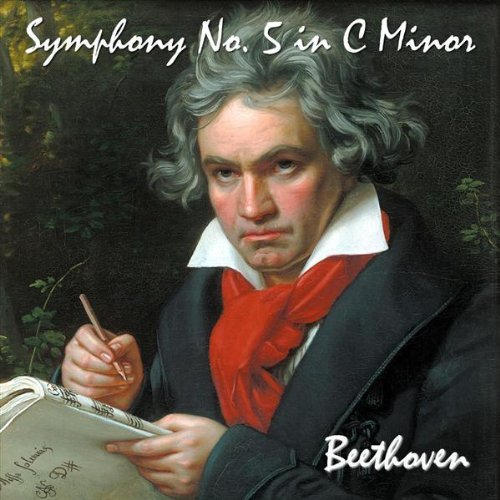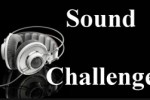Here at NA, we like all sorts of good music (everything except for country, with the only exception being Shania Twain). Great and inspiring music (or just simply catchy and fun) is universal. You don’t need to understand the language of the artist to appreciate the music. Take for example, “Symphony No. 5” by Ludwig van Beethoven. The classical piece has such a broad appeal that it’s made its way into cartoons, video games, and movies. Also, who can forget the helicopter scene in the movie Apocalypse Now, to the tune of “Ride of the Valkyries”?
According to the Los Angeles Times, classical music has been re-discovered by the New York’s Port Authority, a public library in London, and the regional transit department in the Portland, Oregon. What do these public institutions use classical music for? They are using classical music to get rid on teens whom they see as troublesome.
. . . the sound of classical music is apparently so repellent to teenagers that it sends them scurrying away like frightened mice. (LA Times)

There could be some truth to the statement above. When was the last time you called a customer service line? Give it a try. You will generally find that they play the most annoying music at a sound level dangerously high enough to make you lose your hearing. The music is supposed to make the wait somewhat more pleasant (think elevator music), but their overwhelming choice of music and sound level are suspect. Are they trying to get their customers to hang-up?
It seems music is not only for enjoyment, but also as a deterrent tool. A commenter even suggested using a high frequency sound only teenagers can hear (or mosquito tones), to stop them from loitering.





Classical music doesn’t repel teenagers as a rule.
I can name way over a hundred teens with ages between 14 and 18 that like some classical musics, about 80 that really enjoy hearing it, and at least another 80 that love it enough to study it, myself included. (A total of, more or less, 300 teens that are not repelled by classical music in my quite small group of acquaintances.)
So, no, I don’t believe classical music can be used to repel teenagers.
Most teens who claim hating this kind of music are just “afraid” to admit that they, in fact, do not mind it at all.
If it were to have the tiniest bit of effect, it would have to be used in public spaces where they could spend a lot of time with friends, not on client service lines where there would be no “witnesses” for the teens’ supposed “embarrassment”. And, even like that, it wouldn’t work in towns and cities where teens don’t associate classical music with “lack of popularity”.
So, good luck to those places where they’re using this anti-loitering method, but I do believe most teenagers won’t be deterred by something as inconsequent as this.
im 15 and that would attract me as well
The neighbor’s kids make a lot of noise. Screaming all day, running up and down the wooden stairs in wooden shoes, banging the doors, etc. It’s like a madhouse. For them I’d like to play some mosquito tunes.
On the other side the woman screems and shouts the whole day at her husband and in between the baby cries or screams. For them I’d like to play classical music.
Or, maybe I should start learning the violine.
high frequencies in the range of ~20kHz are not only repellent for teenagers, but even adults who have been reasonably careful with their ears (not working in loud construction sites, not spending (or wasting) their youth in superloud rock concerts or dancings with over 130dB on music!
It would attract me actually.